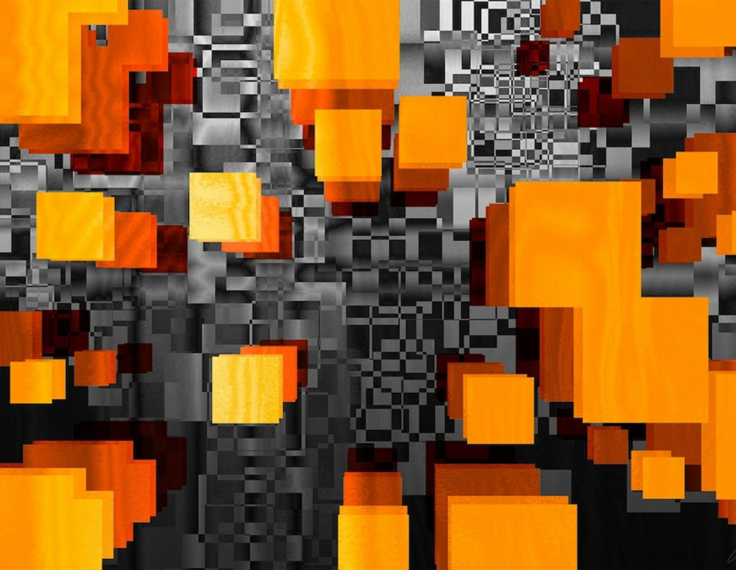Explore All Articles
All Articles
Article Topic

Structured expert elicitation on disinformation, misinformation, and malign influence: Barriers, strategies, and opportunities
Ariel Kruger, Morgan Saletta, Atif Ahmad and Piers Howe
We used a modified Delphi method to elicit and synthesize experts’ views on disinformation, misinformation, and malign influence (DMMI). In a three-part process, experts first independently generated a range of effective strategies for combatting DMMI, identified the most impactful barriers to combatting DMMI, and proposed areas for future research.

Conspiracy Theories
Using an AI-powered “street epistemologist” chatbot and reflection tasks to diminish conspiracy theory beliefs
Marco Meyer, Adam Enders, Casey Klofstad, Justin Stoler and Joseph Uscinski
Social scientists, journalists, and policymakers are increasingly interested in methods to mitigate or reverse the public’s beliefs in conspiracy theories, particularly those associated with negative social consequences, including violence. We contribute to this field of research using an artificial intelligence (AI) intervention that prompts individuals to reflect on the uncertainties in their conspiracy theory beliefs.

Conspiracy Theories
The impact of conspiracy belief on democratic culture: Evidence from Europe
Maik Herold
The spread of conspiracy theories is expected to have an increasing impact on the vitality of Western democracies and their political culture. Drawing on a 2022 survey from 10 European countries (with n = 20,449), this study uses narratives about immigration and COVID-19 to examine their relation to individual democratic attitudes and preferred forms of political participation.

Conspiracy Theories
The relationship between conspiracy theory beliefs and political violence
Adam Enders, Casey Klofstad and Joseph Uscinski
Recent instances of political violence have prompted concerns over the relationship between conspiracy theory beliefs and violence. Here, we examine the relationships between beliefs in various conspiracy theories and three operationalizations of violence—support for political violence, self-reported engagement in political violence, and engagement in non-political conflict.

Conspiracy Theories
White consciousness helps explain conspiracy thinking
Feodor Snagovsky
While conspiracy theories have long been tied to race, ethnicity, and religion, understanding this relationship is increasingly important in countries where White identity has become politically charged. This study finds that those high in White consciousness are more likely to 1) engage in generalized conspiracy thinking, 2) endorse the racist “great replacement” conspiracy theory, and 3) move from generalized conspiracy thinking to endorsing specific, non-racial conspiracy theories.

The role of narrative in misinformation games
Nisha Devasia and Jin Ha Lee
Several existing media literacy games aim to increase resilience to misinformation. However, they lack variety in their approaches. The vast majority focus on assessing information accuracy, with limited exploration of socio-emotional influences of misinformation adoption. Misinformation correction and educational games have explored how narrative persuasion influences personal beliefs, as identification with certain narratives can frame the interpretation of information.

The algorithmic knowledge gap within and between countries: Implications for combatting misinformation
Myojung Chung and John Wihbey
While understanding how social media algorithms operate is essential to protect oneself from misinformation, such understanding is often unevenly distributed. This study explores the algorithmic knowledge gap both within and between countries, using national surveys in the United States (N = 1,415), the United Kingdom (N = 1,435), South Korea (N = 1,798), and Mexico (N = 784).

Stochastic lies: How LLM-powered chatbots deal with Russian disinformation about the war in Ukraine
Mykola Makhortykh, Maryna Sydorova, Ani Baghumyan, Victoria Vziatysheva and Elizaveta Kuznetsova
Research on digital misinformation has turned its attention to large language models (LLMs) and their handling of sensitive political topics. Through an AI audit, we analyze how three LLM-powered chatbots (Perplexity, Google Bard, and Bing Chat) generate content in response to the prompts linked to common Russian disinformation narratives about the war in Ukraine.

How spammers and scammers leverage AI-generated images on Facebook for audience growth
Renée DiResta and Josh A. Goldstein
Much of the research and discourse on risks from artificial intelligence (AI) image generators, such as DALL-E and Midjourney, has centered around whether they could be used to inject false information into political discourse. We show that spammers and scammers—seemingly motivated by profit or clout, not ideology—are already using AI-generated images to gain significant traction on Facebook.

The consequences of misinformation concern on media consumption
Elizabeth A. Harris, Stephanie L. DeMora and Dolores Albarracín
For the last decade, policymakers, journalists, and scientists have continued to alert us of the threat of misinformation for making sound decisions in the political, health, and environmental domains. In this study, we evaluate whether perceiving misinformation as a threat affects media use, particularly considering selection of media sources that are politically aligned.

